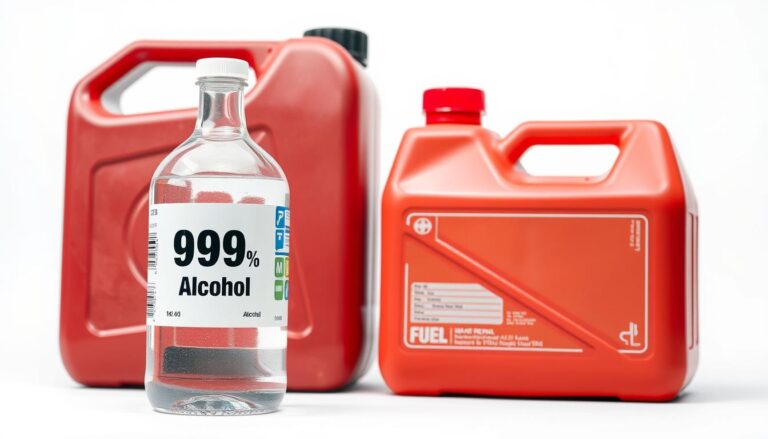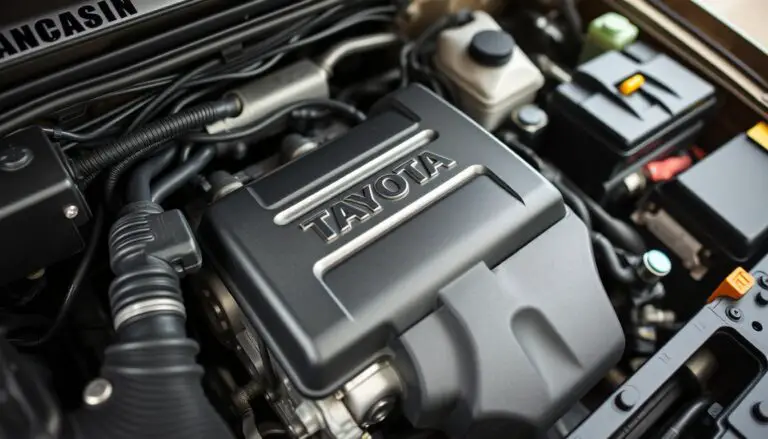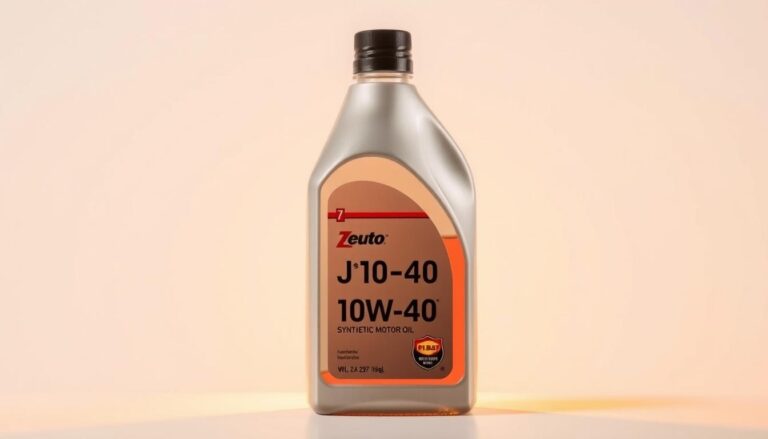Dirty oil can cause a misfire in your car due to the negative impact it has on the variable camshaft timing and lift control system, which rely on proper oil pressure and flow. When these systems don’t operate correctly, the engine can experience misfires and erratic operation.
If left unaddressed, the computer may place the vehicle in “limp mode” to mitigate potential damage. It’s important to note that low oil pressure, rather than just dirty oil, is the primary culprit behind misfires. Keep reading to learn more about the effects of dirty oil and how it can lead to a misfire in your engine.
The Impact Of Dirty Oil On Engine Performance
Dirty oil can have significant effects on various engine components, including:
- Piston rings: Dirty oil can cause buildup and deposits on the piston rings, resulting in reduced compression and potential
misfires. - Spark plugs: When oil becomes dirty, it can contaminate the spark plugs, causing them to malfunction and leading to misfires.
In addition to these effects, dirty oil can also impact the overall performance of the engine. When oil
pressure and flow are compromised, the variable camshaft timing and lift control systems may not operate properly, leading
to misfires and erratic engine operation. If the computer detects these issues, it may put the vehicle into “limp mode” to
minimize further damage.
Identifying A Misfire Caused By Dirty Oil
Dirty oil can indeed cause a misfire in your engine. When oil is contaminated, it can prevent the variable camshaft timing and lift control system from functioning properly, leading to erratic engine operation. If left unresolved, this can result in misfires and other issues with your vehicle.
It’s important to address this problem promptly to ensure optimal engine performance.
Identifying a Misfire Caused by Dirty Oil Common symptoms of a misfire:
– Engine misfiring or stumbling
– Loss of power or acceleration
– Rough idling or vibrations
– Increased fuel consumption
– Check Engine light illuminated
Diagnostic techniques for identifying dirty oil-related misfires:
– Performing a compression test to check for any cylinder pressure issues
– Inspecting the spark plugs for fouling or oil deposits
– Checking the fuel injectors for clogs or carbon buildup
– Conducting an oil analysis to determine the condition of the oil and detect any contaminants
Differentiating dirty oil misfires from other causes:
– Comparing the symptoms with other potential causes like faulty spark plugs, ignition coils, or fuel system issues
– Analyzing the oil condition and looking for signs of contamination or increased viscosity
– Consulting a trained technician or mechanic for a thorough diagnosis and proper identification
Remember, regular engine oil maintenance and timely oil changes are essential to prevent dirty oil-related misfires and maintain optimal engine performance.
Preventing Misfires Caused By Dirty Oil
Dirty oil can indeed cause a misfire in your engine. When it comes to variable camshaft timing or lift control systems, which rely on oil pressure and flow, bad oil can prevent them from operating correctly. This can result in misfire and other erratic engine operation, potentially putting the vehicle in ‘limp mode’. To prevent misfires caused by dirty oil, it is essential to follow regular oil changes and maintenance. Regular oil changes ensure that the oil is clean and free from contaminants that can cause engine issues.
Additionally, choosing the right type of oil for your engine is crucial. Consult the manufacturer’s recommendations to select the oil with the correct viscosity and specifications for your vehicle. Maintaining proper oil levels and pressure is also important. Checking oil levels regularly and addressing any leaks or pressure issues promptly can help prevent misfires caused by dirty oil. By prioritizing regular oil changes, using the right oil, and maintaining proper oil levels and pressure, you can minimize the risk of misfires due to dirty oil.
Frequently Asked Questions For Can Dirty Oil Cause A Misfire?
What Are The Symptoms Of Dirty Engine Oil?
Dirty engine oil can cause symptoms such as misfires, rough idle, and loss of power. It can lead to clogs in fuel injectors, resulting in a lack of fuel delivery and misfires. Additionally, dirty oil can cause a rough idle, causing the vehicle to shake abnormally.
It is important to address these symptoms promptly to prevent further damage to the engine.
Can A Dirty Engine Cause Misfire?
Yes, a dirty engine can cause a misfire. Dirt or carbon can clog the fuel injector, preventing it from delivering fuel properly to the engine. Without fuel, the combustion chamber only has air, leading to a misfire. Other potential causes include a faulty emissions system.
Can Dirty Oil Make Your Car Run Rough?
Dirty oil can cause a misfire in your car, leading to rough engine operation. Bad oil prevents the variable camshaft timing or lift control system from functioning properly, resulting in misfires. It is important to address this issue promptly to avoid further engine damage.
Can Needing An Oil Change Cause A Check Engine Light?
Dirty oil can cause a misfire in your car, which may trigger the check engine light. Dirty oil can clog the fuel injectors, preventing proper fuel delivery and leading to misfires. It’s important to regularly change your oil to prevent this issue.
Conclusion
Dirty oil can indeed cause a misfire in your car. When oil becomes contaminated with dirt and debris, it can prevent the proper functioning of the variable camshaft timing and lift control system, leading to erratic engine operation. This is why it is essential to regularly change your engine oil to maintain optimal performance.
Ignoring the need for an oil change can result in a cascade of issues, including misfires and loss of power. So, don’t underestimate the importance of clean oil for a smooth-running engine. Keep up with regular oil changes to avoid any potential problems.


